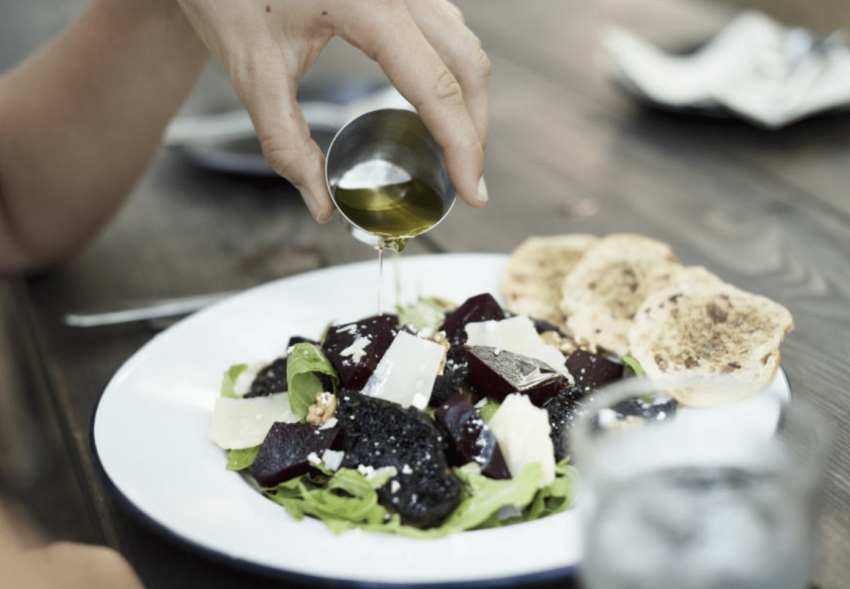CNN – Olive oil has many health benefits, including lowering the risk for dementia, poor heart health, cognitive decline or early death.
How beneficial the Mediterranean diet staple actually is depends on how the product is harvested, processed, stored and used — in farms or mills, grocery stores and your own home.
“The health benefits come from a variety of factors or components within olive oil,” said Dr. Tassos Kyriakides, assistant professor of biostatistics at the Yale School of Public Health in New Haven, Connecticut. “The main one is oleic acid, and that has been shown to have very healthful benefits.”
Also important is the rich amount of polyphenols in olive oil, which are a type of antioxidant that helps protect against cell damage and inflammation in the body, said Dr. Mercedes Fernández, head of the standardization and research unit of the International Olive Council, an intergovernmental organization based in Spain.
Here’s what you need to know to select the best possible olive oil for your diet.
Harvest and processing
…article continued below
– Advertisement –
Historically, brands that maintain a high quality of olive oil are those that put care into the process from the moment of harvest, Kyriakides said.
Oil made from gently harvested, very green olives that haven’t fully ripened are best since those have a higher concentration of the healthful components, he added.
How quickly the olives go from harvest to being processed into oil is the next critical step.
“Some companies have their own mills and processing where within two hours, they could take the fruit from the trees, put it in the mill and get the product,” Kyriakides said.
This minimizes the risk of the fruit oxidizing or fermenting from sitting out for too long post-harves.
…article continued below
– Advertisement –
There shouldn’t be more than a few days between harvest and processing dates, he added …
